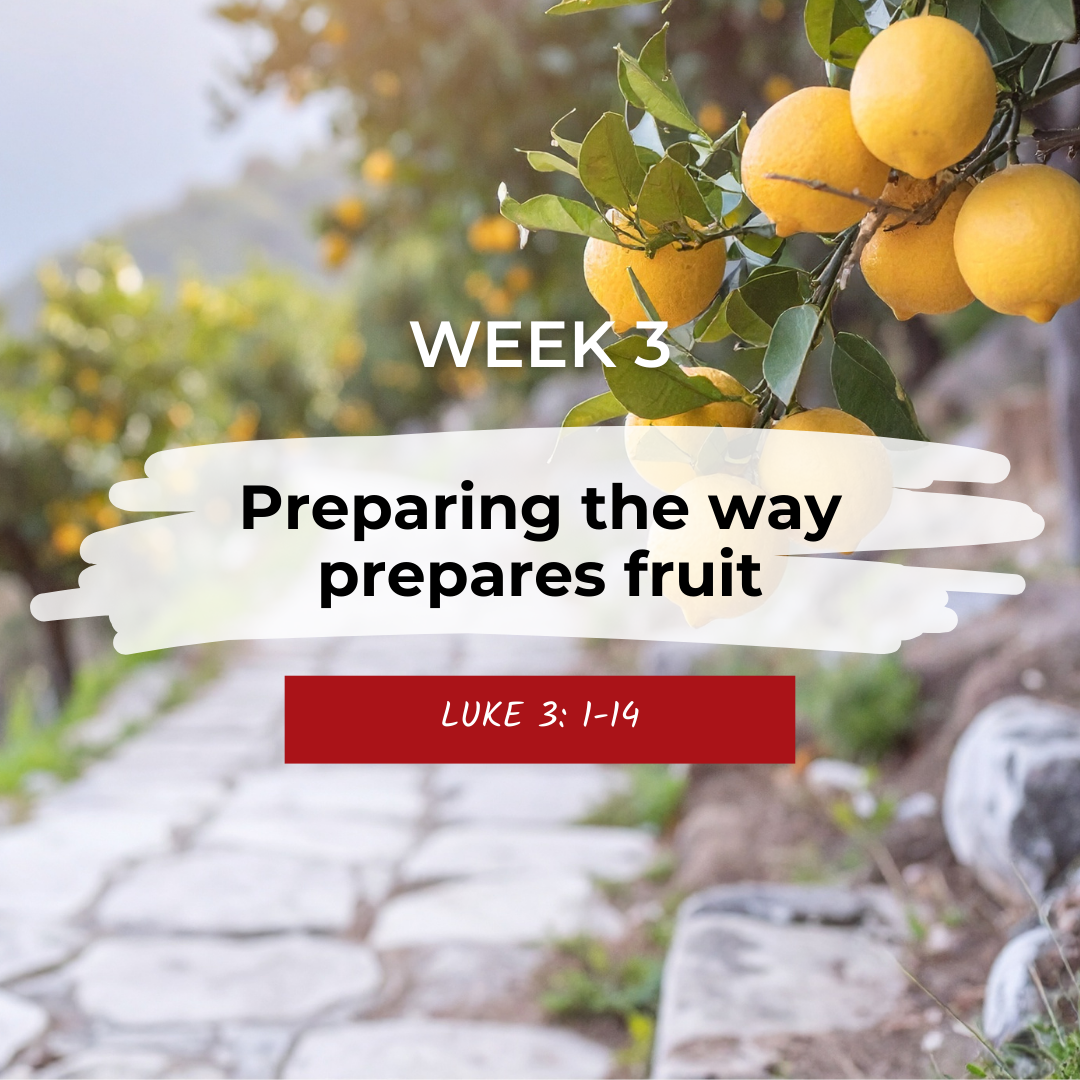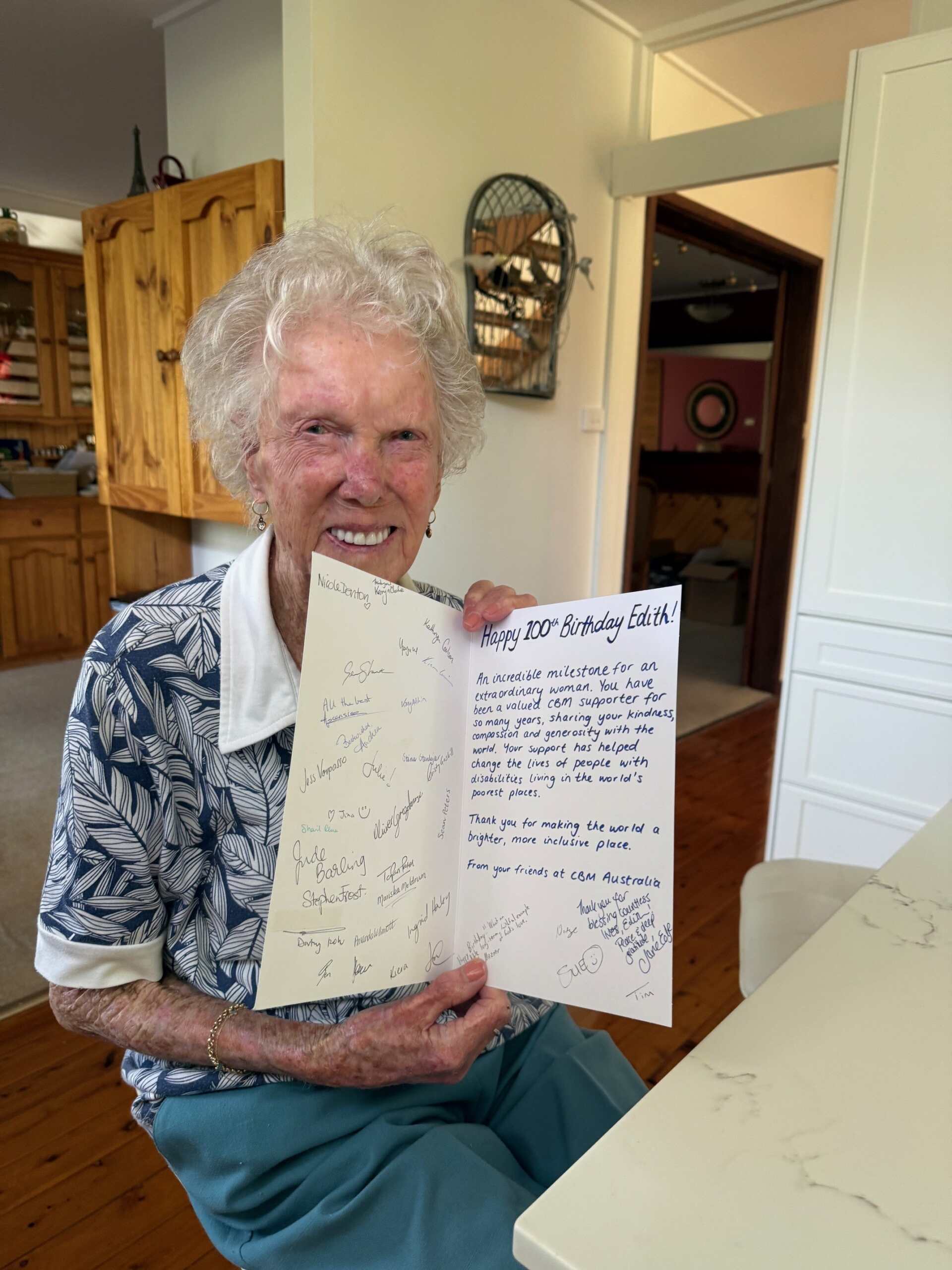What Organisations of People with Disabilities (OPDs) value about our advocacy work
Pacific, Stories | June 25, 2024
Working closely with local organisations of people with disabilities is critical to CBM’s work, but are we doing it well?
This was the question we asked when embarking on the research for our pivotal new report, “We have a key role now”: Lessons learned from partnerships with organisations of persons with disabilities(OPDs) to understand what is working well and what could be strengthened in our partnership approach with organisations of persons with disabilities. The report was informed by a listening exercise undertaken by CBM Australia’s quality team across 14 countries and 32 Organisations of People with Disabilities (OPDs). Through the enquiry we documented the benefits, challenges and emerging issues related to our advocacy, field programs and advisory work. Recognising the power dynamic of being an international organisation, we wanted particularly to understand areas where CBM could be better aligned to its commitments to human rights and partnership. The findings have offered up valuable lessons and we aim to share these widely with the international development community as an example of what partnership can mean.
Let’s take a closer look at how CBM and OPDs work together on advocacy initiatives.
CBM works with OPDs to advocate for inclusion and the recognition of rights at an international, national and community level. This is done through engaging with OPDs and peak disability bodies to model meaningful participation of people with disabilities in public affairs and political processes.
OPDs have consistently commended CBM for their OPD-first and ‘behind the scenes’ approach to advocacy that:
- models accessibility;
- helps OPD’s form connections and access CBM’s network of disability advocates;
- urges governments and UN bodies to consult people with disabilities;
- provides guidance and education on developing advocacy strategies; and
- supports OPDs develop resources.
As well as working with international OPDs, through our field programs we also support OPDs to advocate to local or national governments to raise issues of exclusion and rights. Behind the scenes, we fund important local travel and meetings and develop accessibility resources to help make this happen. We then link with these leaders of the disability movement in advancing joint advocacy agendas. This “opening doors” approach has resulted in OPDs telling their stories directly at high-level technical discussions, including the UN General Assembly.
One international OPD reflected that, “OPDs are more able to stand up for their rights in front of government and shout for their rights. NGOs have also been invited to training and are now more inclined to include working with people with disabilities.”
CBM models accessibility by involving OPDs in projects to raise awareness of disability issues and accessibility. An example of this is CBM working with the Bandung Independent Living Association (BILIC) to lead accessibility audits of local hospital facilities and raise awareness around accessibility with authorities.
CBM is proud to support OPDs in advocating for inclusion and the recognition of rights at all levels of society and is thrilled at the positive change this is bringing about for people with disabilities. We hope these approaches can inspire others in the sector to take steps to support the advocacy efforts of OPDs throughout the world and strengthen partnerships in the process.
https://www.cbm.org.au/stories/what-organisations-of-people-with-disabilities-opds-value-about-our-advocacy-work
Related Stories

Advent 2025: Preparing the way produces fruit
John the Baptist called people to prepare for God’s presence through repentance and by producing fruit (acts of justice,...

From sports to advocacy – the journey of the Isiolo Umbrella Disability Group
The Promoting Inclusive Delivery of Eye Care (PRIDE) Project is a...

Edith turns 100 – A life of generosity and joy
On Saturday, 4 October, Edith’s family gathered to mark an incredible milestone in style. Surrounded by her children, grandchildren...
